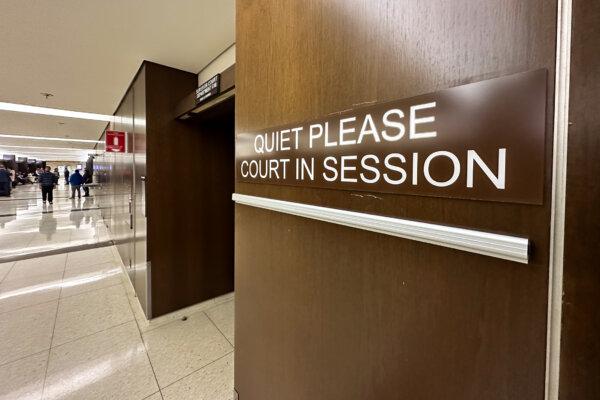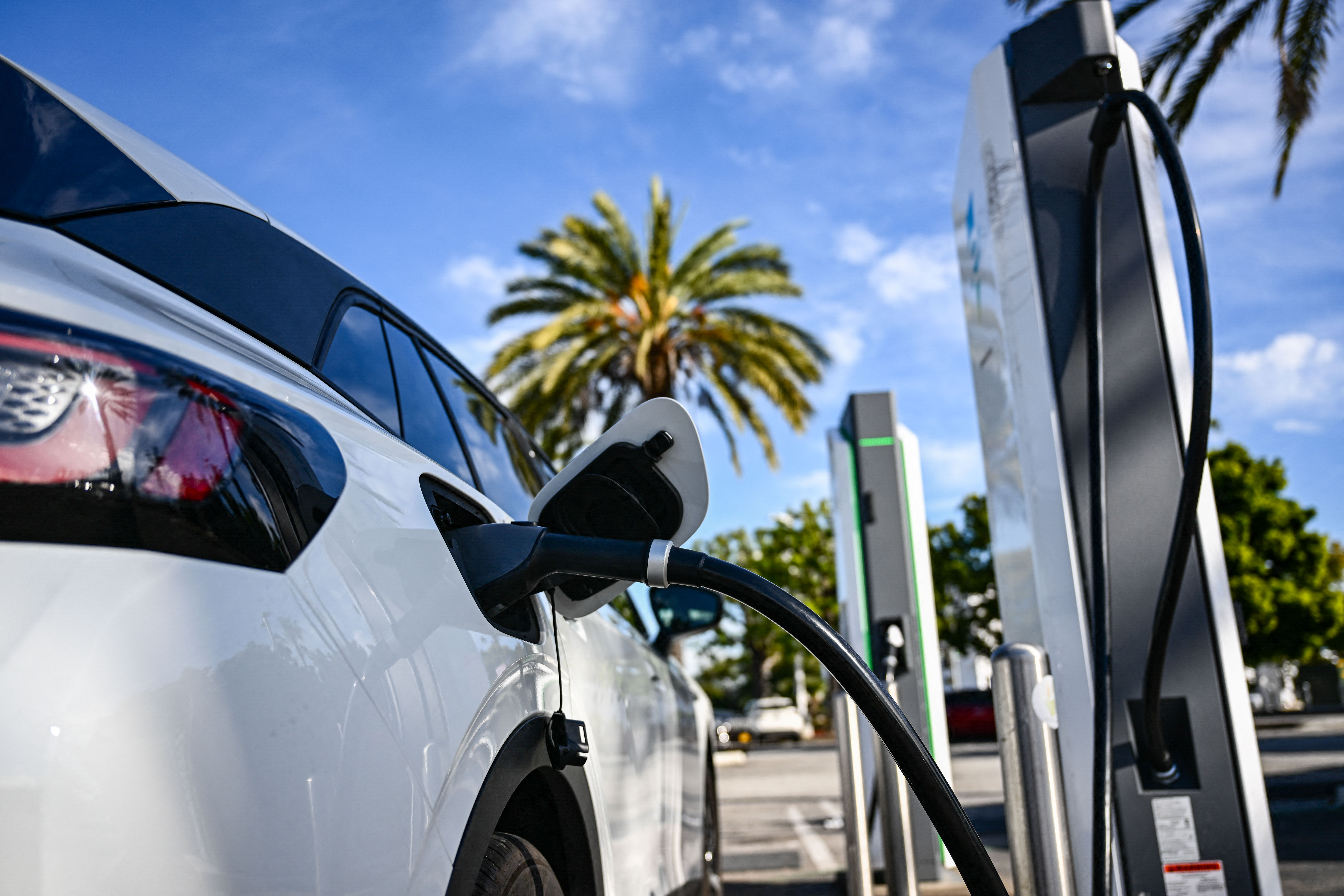Californians with defective cars may see faster resolution of their court cases starting Jan. 1, 2025, under a new California law aimed at speeding up proceedings for lemon law disputes.
“I commend the authors for their efforts to expedite resolution of lemon law claims and reduce litigation that is placing increasing pressure on court dockets,” Newsom said in a letter after he signed the bill on Sept. 29.
The new law would require consumers to notify manufacturers about their desire to have defective vehicles repurchased or replaced. The notification sets a timeline for manufacturers to follow through on their obligations to repurchase or replace the vehicles.
The law also streamlines the court’s discovery processes to ensure that the most relevant information is disclosed early, cutting down on costly discovery disputes. The law also proposes sanctions on lawyers who violate the discovery provisions.
The new law also creates an early mandatory mediation process with the goal of settling cases sooner.
Also, the bill seeks to expedite settlements by adopting a uniform legal release of lemon law claims, clarifies calculations for vehicle restitution payments, and puts timelines on manufacturers to carry out their obligations under a settlement.
Since California lifted its COVID-19 shutdowns and restrictions on the civil ligation system, the number of yearly lemon law filings has nearly doubled, according to a legislative analysis of the bill.
In 2023, nearly 10 percent of all civil filings in Los Angeles County Superior Court were lemon law-related cases, according to the Legislature. The increase has created backlogs across the civil justice system, delaying cases for millions of Californians, a legislative analysis said.
The impact on court cases is uncertain, but proponents said General Motors was the bill’s strongest supporter, and is the company with the most lemon law cases—nearly 26 times more than Toyota, which opposed the legislation, according to reports. GM’s support alone should ease the lemon law caseload in California, proponents said.
Newsom signed the measure after encouraging legislators to add changes to it next year to quell industry concerns.
In a letter to legislators on Sept. 29, Newsom urged them to introduce a bill early in the 2025–2026 legislative session to amend the law to allow automakers to choose between the new law or the old lemon law procedures.
“I urge the Legislature to adopt that compromise proposal swiftly,” Newsom wrote in a message to the Legislature after signing AB 1755.

A Southern California courthouse on Nov. 17, 2023. (John Fredricks/The Epoch Times)
Other amendments would allow consumers who have made lemon law claims under the new law to give notice to prospective buyers if they sell their vehicles before resolving their case. This would ensure that buyers are aware of potential defects, according to Newsom.
“The sale of vehicles to buyers unaware of pending lemon law claims on the vehicle is a broader problem under current law that puts buyers and the general public at risk from unsafe vehicles on the road, and I encourage the Legislature to consider additional solutions to that issue,” he wrote in the letter.
Newsom also encouraged legislators to consider whether more changes were needed to the lemon laws to address electric vehicles and other advances in automotive technology.
California’s lemon laws—the Song-Beverly Consumer Warranty Act enacted in 1970 and the Tanner Consumer Protection Act enacted in 1983—were written before most cars had computers and electronic equipment. The laws hold manufacturers responsible for defective vehicles. Those who fail to repair defects after a reasonable number of attempts must give customers a refund or replace the car.
The existing laws apply to most vehicles still under a new-vehicle warranty.
Under the lemon laws, a customer can seek a variety of legal remedies if the car is not repaired or replaced after a reasonable number of attempts.

Tesla vehicles recharge at a station in Corte Madera, Calif., on Feb. 15, 2023. Gov. Gavin Newsom encouraged legislators to add more changes to the state's lemon laws next session to address electric vehicles. (Justin Sullivan/Getty Images)
The measure—authored by Assemblyman Ash Kalra of San Jose and Sen. Tom Umberg of Santa Ana—was jammed through at the end of the legislative session in late August.
Several lawmakers said they were troubled that the bill appeared to be a product of secret negotiations with lobbyists who pressured them to pass the bill just days before the session ended Aug. 31.
San Ramon Assemblywoman Rebecca Bauer-Kahan told members of the Assembly Judiciary Committee on Aug. 30 that not a single person representing California residents knew about the bill after they “dropped this in our lap.”
The bill was a compromise between some attorneys representing consumers with lemon vehicles and some automakers, most notably the Consumer Attorneys of California and General Motors, according to a legislative summary.
The RV Industry Association, a national trade group based in the Washington, D.C., area representing over 500 manufacturers and suppliers, supported the measure, according to a statement issued after Newsom signed it.
“The RV industry has long sought improvements to the civil procedural process in California, and this is a significant step that will better protect consumers and get RVers back on the road more quickly,” the group wrote in a statement Sept. 30.
Several auto manufacturers, including Honda, BMW, Hyundai, Daimler, Tesla, Toyota, Rivian, Mazda, Mercedes-Benz, and Subaru opposed the bill, along with the California Hispanic Chamber of Commerce, the Consumer Federation of America, and several other organizations.
The coalition of auto manufacturers and consumer groups opposed to the measure said that while they agreed reform was needed because of the spike in court cases, “AB 1755 exacerbates the current difficulties faced by consumers, courts, and several manufacturers,” instead of solving them, according to a legislative report on the law.
“Ultimately, this measure would burden the judiciary, consumers, and manufacturers, all while further enriching plaintiffs’ attorneys,” the group said.
The Associated Press contributed to this report.














